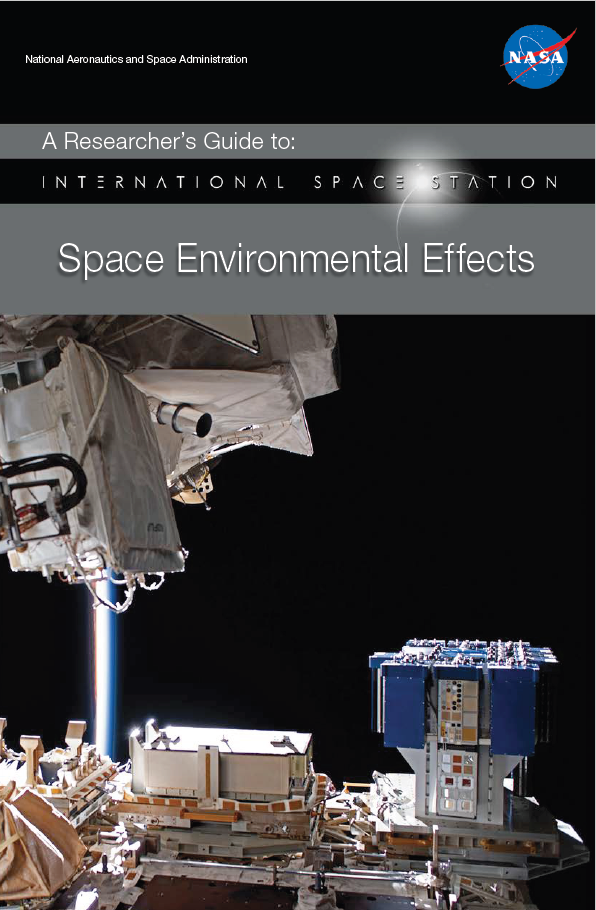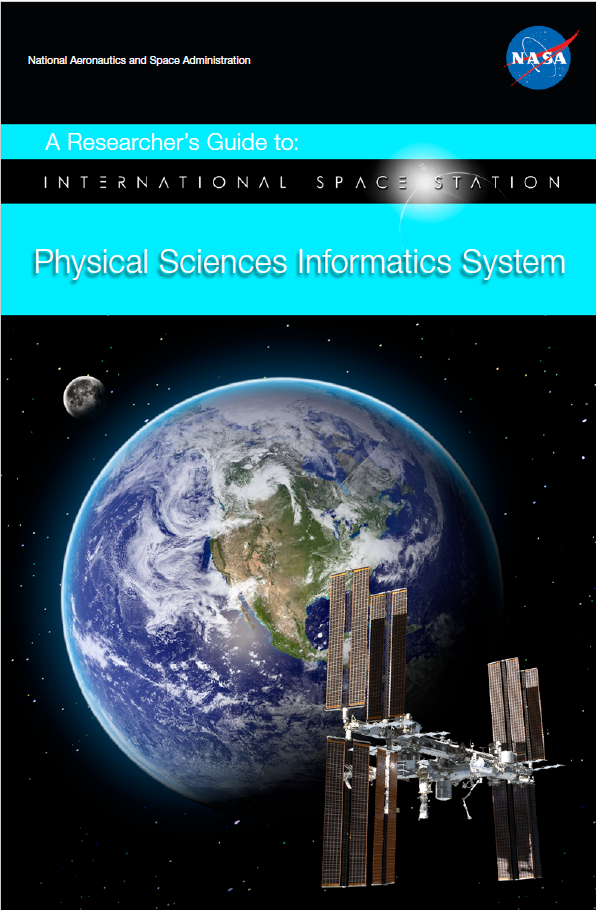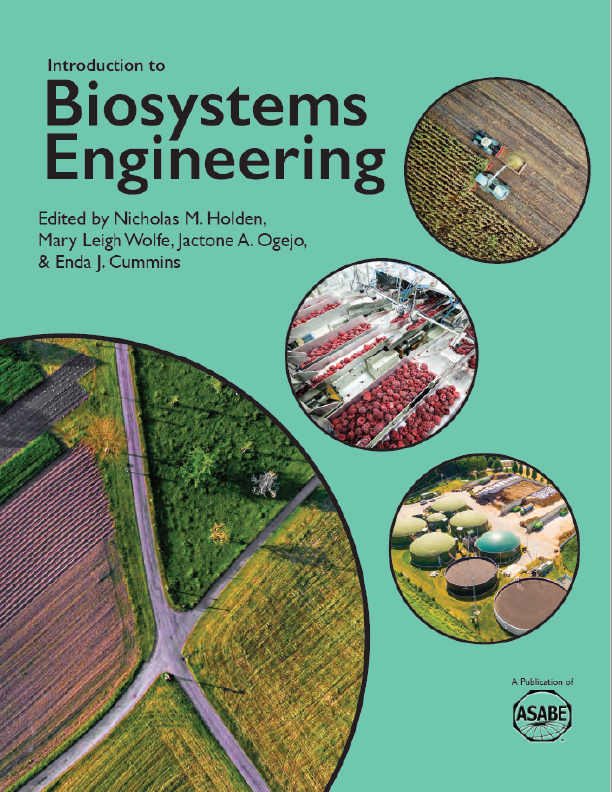What is Environmental Science?
Environmental science is the dynamic, interdisciplinary study of the interaction of living and non-living parts of the environment, with special focus on the impact of humans on the environment. The study of environmental science includes circumstances, objects, or conditions by which an organism or community is surrounded and the complex ways in which they interact.
Why Study Environmental Science?
The need for equitable, ethical, and sustainable use of Earth’s resources by a global population that nears the carrying capacity of the planet requires us not only to understand how human behaviors affect the environment, but also the scientific principles that govern interactions between the living and non-living. Our future depends on our ability to understand and evaluate evidence-based arguments about the environmental consequences of human actions and technologies, and to make informed decisions based on those arguments.
From global climate change to habitat loss driven by human population growth and development, Earth is becoming a different planet—right before our eyes. The global scale and rate of environmental change are beyond anything in recorded human history. Our challenge is to acquire an improved understanding of Earth’s complex environmental systems; systems characterized by interactions within and among their natural and human components that link local to global and short-term to long-term phenomena, and individual behavior to collective action. The complexity of environmental challenges demands that we all participate in finding and implementing solutions leading to long-term environmental sustainability.
Like other natural sciences, environmental science is a science that gathers knowledge about the natural world. The methods of science include careful observation, record keeping, logical and mathematical reasoning, experimentation, and submitting conclusions to the scrutiny of others. Science also requires considerable imagination and creativity; a well-designed experiment is commonly described as elegant or beautiful. Science has considerable practical implications and some science is dedicated to practical applications.
The Nature of Science
Biology is a science, but what exactly is science? What does the study of biology share with other scientific disciplines? Science (from the Latin scientia, meaning “knowledge”) can be defined as a process of gaining knowledge about the natural world. Science is a very specific way of learning about the world. The history of the past 500 years demonstrates that science is a very powerful way of gaining knowledge about the world; it is largely responsible for the technological revolutions that have taken place during this time. There are areas of knowledge, however, that the methods of science cannot be applied to. These include such things as morality, aesthetics, or spirituality. Science cannot investigate these areas because they are outside the realm of material phenomena, the phenomena of matter and energy, and cannot be observed and measured.










